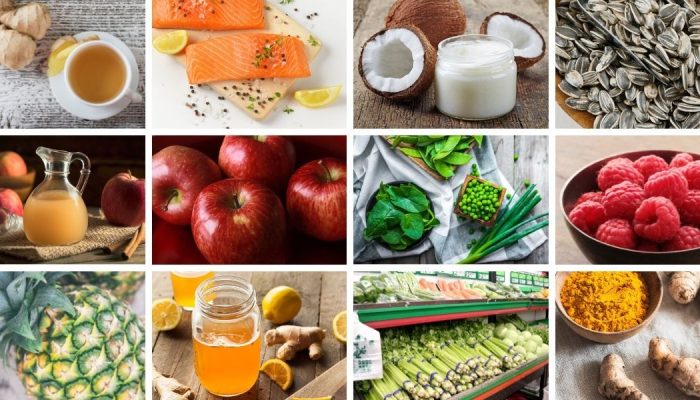A Diet Plan for Reflux Diseases
Reflux diseases, including gastroesophageal reflux disease (GERD) and acid reflux, can cause discomfort and disrupt daily life. While medications can provide relief, adopting a reflux-friendly diet can complement treatment by reducing symptoms and promoting digestive wellness. we’re committed to empowering individuals with personalized dietary plans designed to alleviate reflux symptoms and improve overall digestive health.

Understanding Reflux Diseases
Reflux diseases occur when stomach acid flows back into the esophagus, causing symptoms such as heartburn, regurgitation, chest pain, and difficulty swallowing. Factors contributing to reflux diseases include diet, lifestyle habits, obesity, and certain medical conditions.
The Reflux-Friendly Diet
A diet plan for reflux diseases focuses on reducing acid reflux symptoms, soothing esophageal irritation, and promoting proper digestion. Here are key components of a reflux-friendly diet:
- Low-Acid Foods: Choose foods with low acidity levels to minimize acid reflux symptoms. Opt for non-citrus fruits, vegetables, whole grains, lean proteins, and healthy fats like olive oil and avocado.
- Avoid Trigger Foods: Identify and avoid trigger foods that can exacerbate reflux symptoms. Common triggers include acidic foods (citrus fruits, tomatoes), spicy foods, fatty or fried foods, chocolate, mint, and caffeine.
- Small, Frequent Meals: Opt for smaller, more frequent meals to prevent overloading the stomach and reduce pressure on the lower esophageal sphincter, which can contribute to acid reflux.
- Slow Eating and Mindful Chewing: Take your time to eat meals slowly and chew food thoroughly. Eating too quickly can lead to swallowing air, which can exacerbate reflux symptoms.
- Healthy Eating Habits: Sit upright while eating and avoid lying down immediately after meals to allow gravity to aid digestion and prevent acid reflux.
Additional Dietary Tips
- Limit Carbonated Beverages: Carbonated drinks can increase gastric pressure and contribute to acid reflux. Opt for non-carbonated beverages like water, herbal tea, or diluted fruit juice.
- Manage Portion Sizes: Monitor portion sizes to prevent overeating, which can increase pressure on the stomach and lead to acid reflux symptoms.
- Stay Hydrated: Drink plenty of water throughout the day to maintain hydration and support overall digestive health.
FAQ's
The reflux-friendly diet focuses on reducing acid reflux symptoms by incorporating low-acid foods, avoiding trigger foods, and practicing healthy eating habits.
By minimizing acidic and triggering foods, the diet aims to alleviate symptoms such as heartburn, regurgitation, and chest pain associated with reflux diseases like GERD and acid reflux.
Common trigger foods to avoid include acidic fruits (citrus), spicy foods, fatty or fried foods, chocolate, mint, caffeine, and carbonated beverages.
While primarily aimed at managing reflux diseases, the diet’s emphasis on whole, nutritious foods can benefit overall digestive health and may alleviate symptoms of other digestive issues.
Yes, recommended eating habits include consuming smaller, more frequent meals, eating slowly and mindfully, and avoiding lying down immediately after eating to aid digestion and prevent acid reflux.
While the diet offers general guidelines, consulting with a healthcare provider or dietitian can provide personalized recommendations and support for effectively managing reflux diseases through diet and lifestyle modifications.
